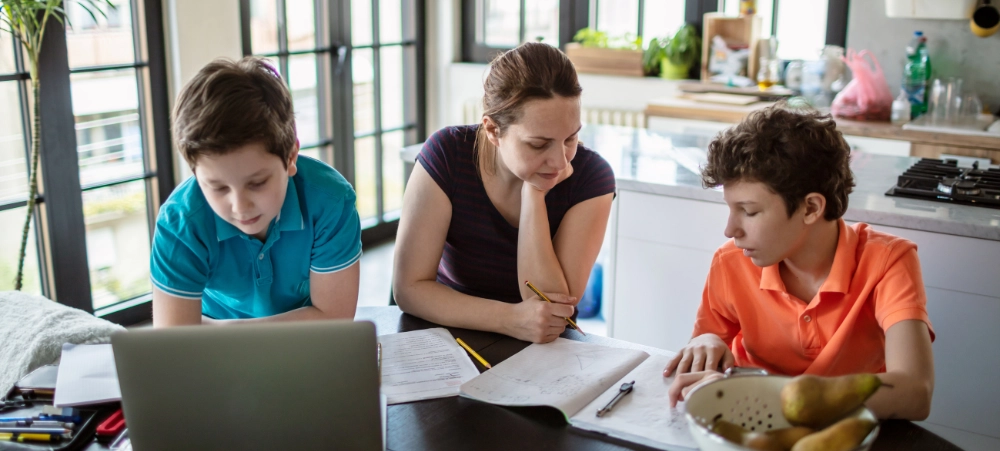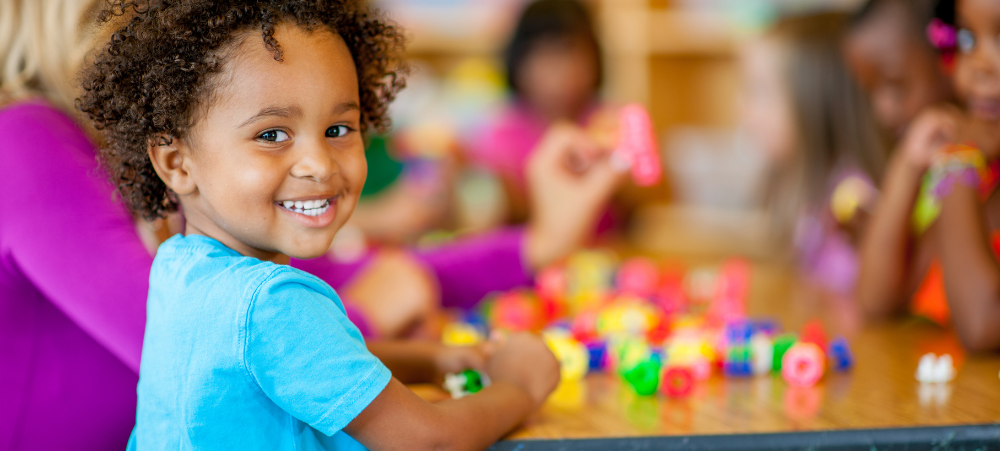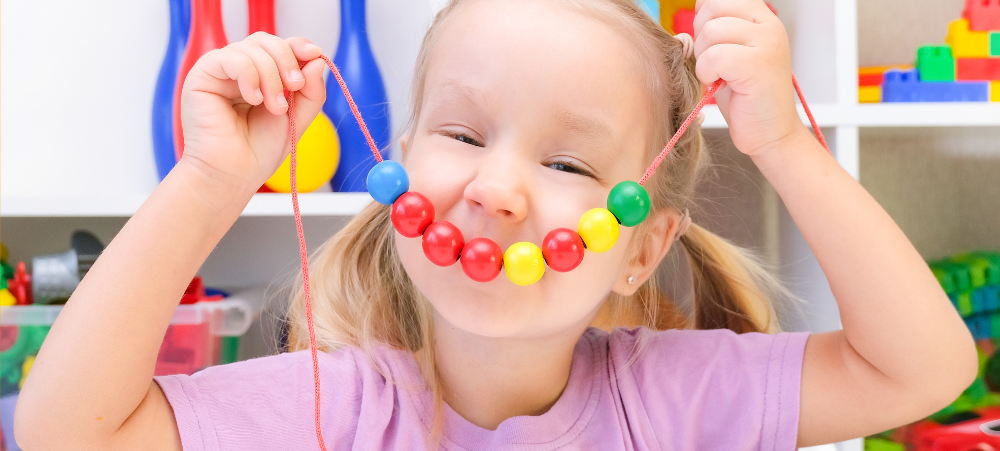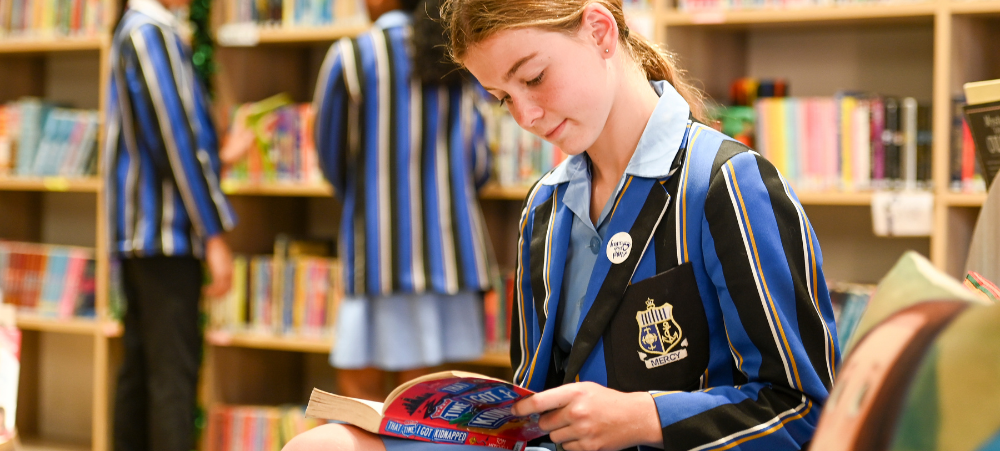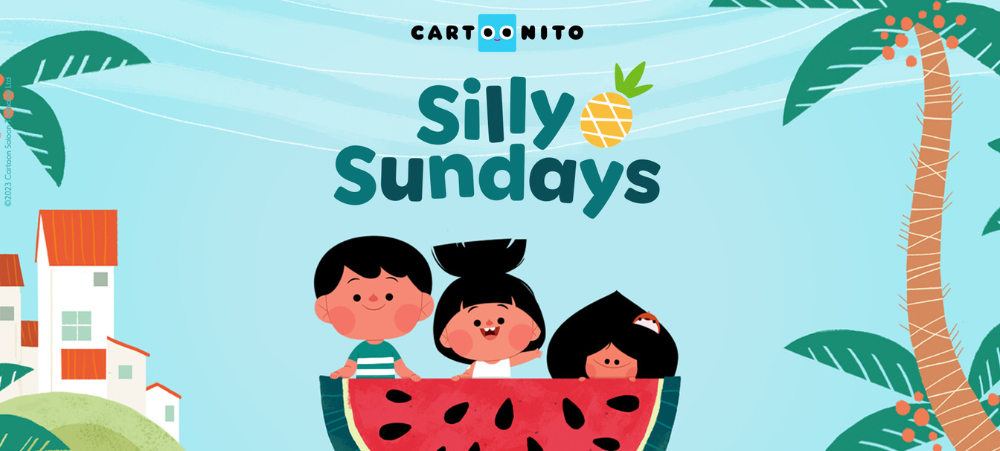Most people are surprised to discover that individuals with ADHD have the ability to focus intently for long stretches of time. “Surely not? I mean, it’s called Attention Deficit Hyperactivity Disorder.” As educators, our day-to-day perception of ADHD is the child who is easily distracted and struggles to sustain attention. It is Tshego staring out the window, lost in thought; Mark sculpting a work of art with his eraser and scissors instead of writing his sentences; or Anika’s growing stack of incomplete tasks¹. Yet, individuals with ADHD can focus intensely and become completely absorbed in a task, often for hours at a time. ADHD – A nuanced understanding Is the term Attention Deficit Hyperactivity Disorder, then, a misnomer? Perhaps. Some argue that ADHD would be more aptly described as encompassing challenges with the regulation of attention, rather than a lack thereof. Furthermore, instead of a disorder, ADHD may be better understood as a unique brain type that shapes one’s experience of the world². In the DSM-V, ADHD is defined as a persistent pattern of inattention and/or hyperactivity-impulsivity that interferes with functioning or development. An array of symptoms related to inattention, impulsivity, and hyperactivity is used as criteria to identify ADHD and its three subtypes³. Yet, the ADHD experience is more multifaceted and nuanced, reaching beyond these facets to include challenges such as inaccurate perceptions of time, sensitivities around perceived rejection, chronically poor sleep, working memory difficulties, and sensory sensitivities. The struggles associated with ADHD are layered and complex, but so are the strengths and hidden potentials. Divergent thinking, a relentless generation of ideas, creativity, adventurousness, curiosity, and great reserves of energy are attributes positively associated with ADHD⁴. Hyperfocus is one such nuanced strength, frequently referred to as an asset, advantage, or even superpower. The hyperfocus advantage Hyperfocus is a term that describes a state of intense concentration, in which a person becomes utterly immersed in a task to the extent that all else falls away. A friend described her experience of hyperfocus to me as a meditative state, culminating in a deep sense of satisfaction and feeling of invigoration, with the knowledge that she had created something tangible, surmounted a challenging task, or achieved a goal. In the literature, the terms ‘flow’ and ‘in the zone’ describe similar phenomena of full task engagement, but are not necessarily synonymous with ‘hyperfocus’⁵. While in this state of complete absorption, the external environment fades away as the ADHD child, teen or adult seems to ignore or tune out everything around them. Task performance improves and they can be highly productive, sometimes achieving a week’s worth of work in a matter of hours. Hyperfocus is usually centred on an activity or subject that deeply interests or captivates the ADHD individual⁶, although they can also become fully engrossed in mundane tasks. Hyperfocus is typically sparked by deep interest⁹, sometimes leading to remarkable outcomes such as the realisation of a passion, world-changing innovation, and creative ingenuity. Some advocates refer to hyperfocus as an ADHD superpower in efforts to reframe an often negative narrative surrounding ADHD. Yet, for hyperfocus to truly be an asset, the challenges that accompany it need to be carefully managed. This is where educators and parents become our children’s greatest allies, helping them harness this capacity for intense focus and channel it towards productive endeavours in a balanced, healthy way. It is important to note that hyperfocus is not currently listed in the diagnostic criteria for ADHD in the DSM-V⁷. Many children may become absorbed in video games or doodling for hours without having ADHD. Similarly, the lived experience of ADHD is not uniform across all individuals, and your ADHD child, spouse, or friend may experience hyperfocus to varying degrees, or not at all. Navigating hyperfocus challenges I recall once being very pleased to see my usual daydreamer, Gugu, working intensely throughout our Mathematics lesson, only to have her hand in a blank worksheet. What in the world had she been doing? On inspecting the back of the worksheet, I discovered a magnificent rendition of the clownfish poster I had stuck on the wall to introduce our ocean theme. Dr Edward Hallowell, a leading expert, describes ADHD as a set of “paradoxical tendencies”, the most noteworthy being “a lack of focus combined with an ability to superfocus”. The difficulty with both these states is that they are not entered into deliberately or by choice⁸. If the ADHD child could pay attention on demand by ‘trying harder’, classrooms would all have engaged, attentive students finishing their work. During a period of heightened, intense focus, the ADHD individual can become so engrossed in an activity that they become detached from their surroundings, lose track of time, and neglect their personal needs, responsibilities, and relationships⁹. When hyperfocus is directed at positive tasks, the ADHD individual can accomplish extraordinary things. Yet, they can just as easily become honed into non-beneficial activities, such as scrolling through social media. Hyperfocus in the classroom Educators may be scratching their chins at this point and thinking, “I see a lot of inattention and distractibility in my classroom, but not much hyperfocus.” This makes absolute sense. Schools adopt highly structured schedules, where each hour or so a bell rings and children are whisked off to the next lesson. There is little opportunity to get lost in an activity for an extensive period of time. This is partly why some ADHD children cope better at school than in adult life, where the organisational demands of everyday life soar¹⁰. Hyperfocus generally occurs around an activity that is highly interesting and intrinsically rewarding, whereas a lot of schoolwork can be tedious, repetitive, and colourless. The very act of learning involves practising a skill multiple times to master it, which, to the ADHD child, is, well, boring. Boredom is utterly unbearable to individuals with ADHD – they feel boredom as others do, a painful ache¹¹. There are simple ways to make our classrooms more engaging and appealing to the ADHD child. We can set the









